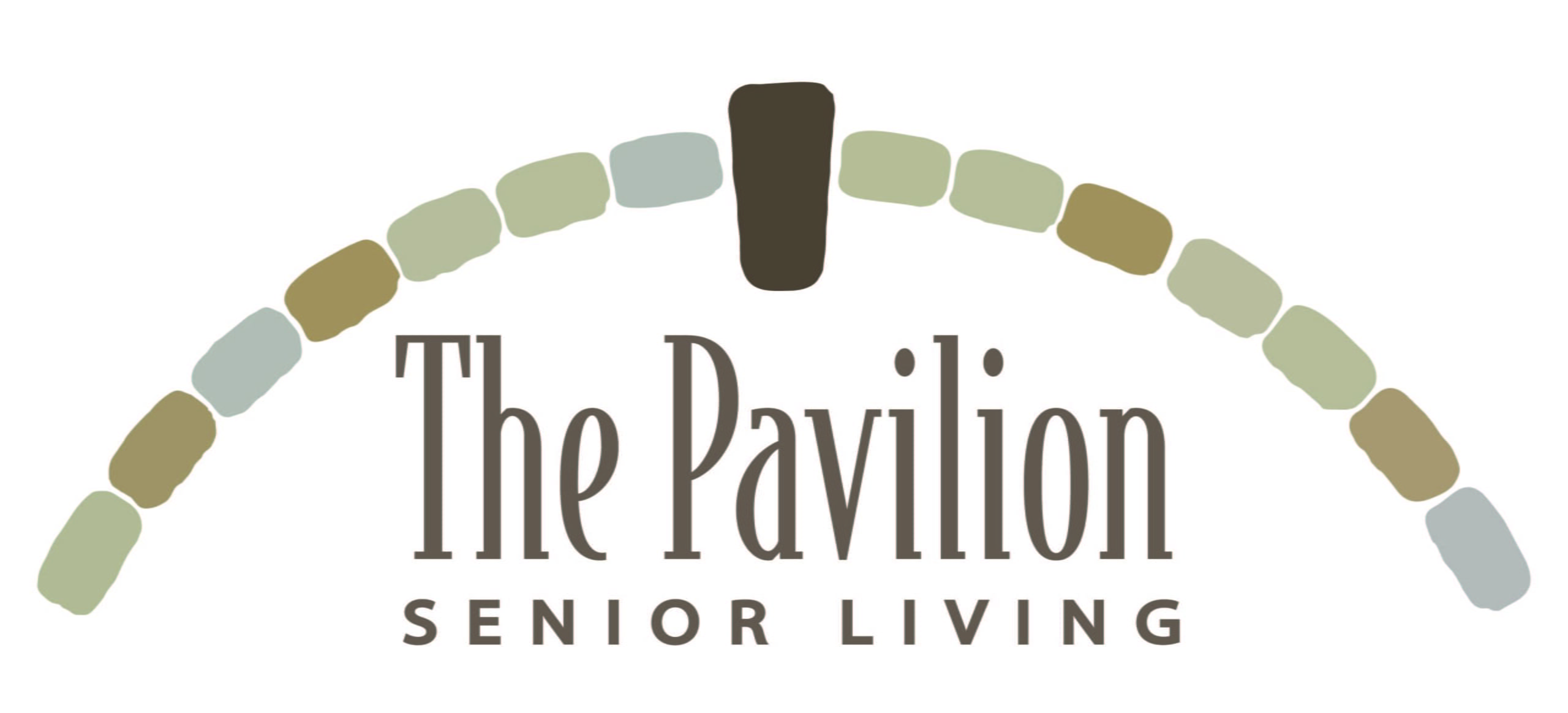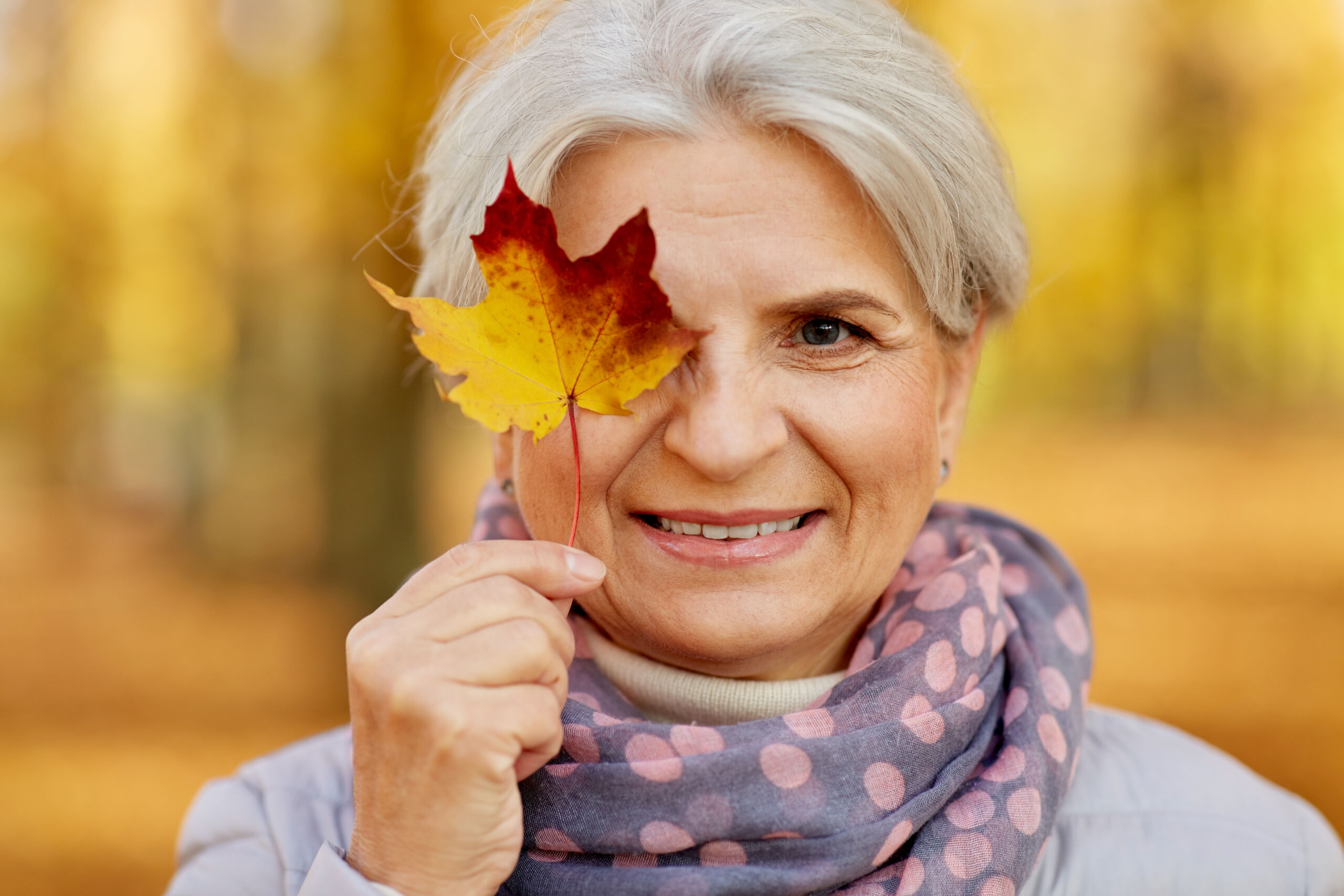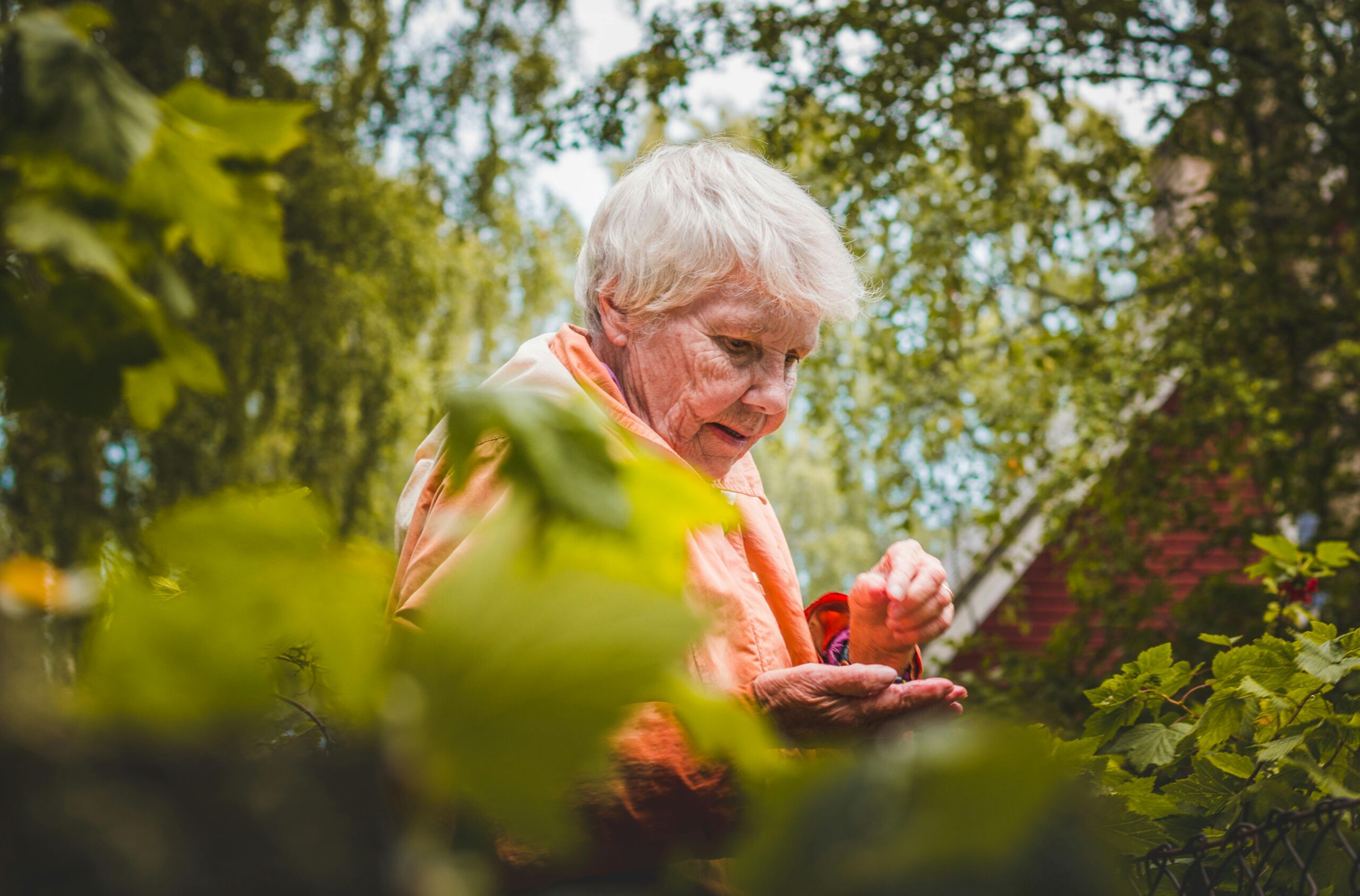As we age, it becomes increasingly important to prioritize our health and well-being. While many factors play into this, one aspect that often gets overlooked is hydration. Staying hydrated is essential for people of all ages, but it holds particular significance for older adults. With aging, the body’s ability to retain water decreases, making older adults more susceptible to dehydration.
With senior living communities throughout Tennessee, we understand the importance of hydration – especially during hot Tennessee days! Our team at The Pavilion Senior Living is sharing why hydration is so important and tips for ensuring you or someone you love is getting enough fluids.
Hydration Regulates Body Temperature
Staying hydrated aids in temperature regulation and reduces the risk of heat-related illnesses, such as heat stroke. When your body temperature increases, the water stored in the middle layers of your skin gets released in the form of sweat. As it evaporates, this cools your body temperature.
However, if you are dehydrated, you will not sweat as much, and your body will not be able to regulate your temperature as easily.
Hydration Supports Cognitive Function
Dehydration has been linked to cognitive decline and impaired brain function, such as problems with thinking and reasoning. Individuals who stay hydrated are better able to concentrate, focus, and maintain optimal cognitive performance.
Hydration Promotes Joint Health
Hydration is essential for maintaining healthy joints and cartilage. Sufficient fluid intake helps to lubricate the joints, reducing the risk of stiffness, pain, and conditions such as arthritis.
Hydration Improves Digestive Health
“Dehydration can lead to digestive problems, constipation, and an overly acidic stomach (Medical News Today).” By drinking plenty of fluids, individuals can promote healthy digestion and alleviate discomfort.
How Aging Changes Hydration
Despite the importance of hydration, aging individuals face various changes and challenges that can hinder their ability to stay properly hydrated.
Decreased Thirst Sensation
It’s common for older adults to experience a change in their thirst sensation, leading them to not feel thirsty as often and reducing fluid intake. As a result, by the time an older adult feels thirsty, it’s likely already an indication of early dehydration.
While the feeling of thirst may change, the body’s need for hydration does not. Because of this, it’s important that you or someone you love regularly drinks water or fluids throughout the day, regardless of whether or not they feel thirsty.
Medications and Health Conditions
According to the National Council on Aging, “seniors are more likely to take medications that increase dehydration risk.” For example, diuretics, commonly prescribed to manage hypertension, can cause increased urine production and fluid loss.
Additionally, certain health conditions can increase the risk of dehydration in seniors. For instance, conditions such as diabetes or kidney disease may also affect fluid balance.
Natural Changes in the Body
“Older adults experience body composition changes over time that leave them with less water in their bodies to start with (National Council on Aging).” While most of the body is made up of water, this percentage gradually decreases as we age.
Tips for Promoting Hydration in Seniors
Set a Reminder
Setting alarms or reminders can help individuals stay on track with water or fluid intake throughout the day. Even if you or someone you love does not feel thirsty, having a reminder will encourage hydration.
Try a Variety of Fluids
Experimenting with flavors and trying alternatives to water may help increase fluid intake. Water is essential, but other fluids such as herbal tea, low-sodium broth, or infused water can make staying hydrated more fun and flavorful.
Monitor Medication Side Effects
If you or someone you love is taking medications that increase urine production or have specific hydration requirements, work with a doctor to determine strategies for balancing medication needs with hydration.
Incorporate Water-Rich Foods
Include fruits and vegetables with a high water content, such as watermelon, cucumbers, and oranges in your diet. These foods not only provide hydration but also offer valuable nutrients that can add variety to a person’s fluid intake.
Understanding the importance of hydration goes beyond knowing to drink enough water. Proper hydration is crucial for supporting physical, mental, and emotional well-being.
We invite you to visit our blog for more information and tips on healthy aging, active living, and how senior living can support older adults in their wellness journeys!




